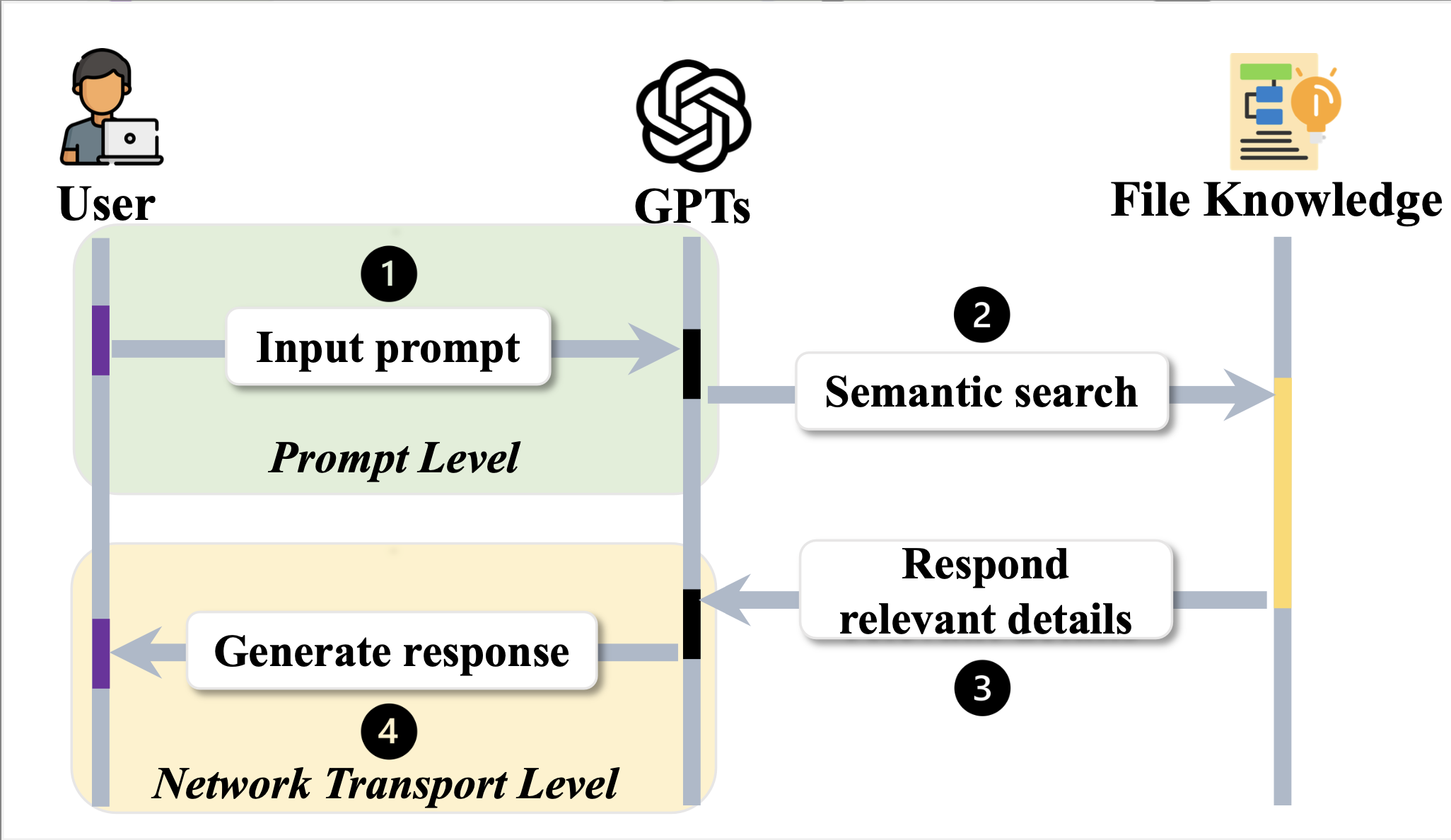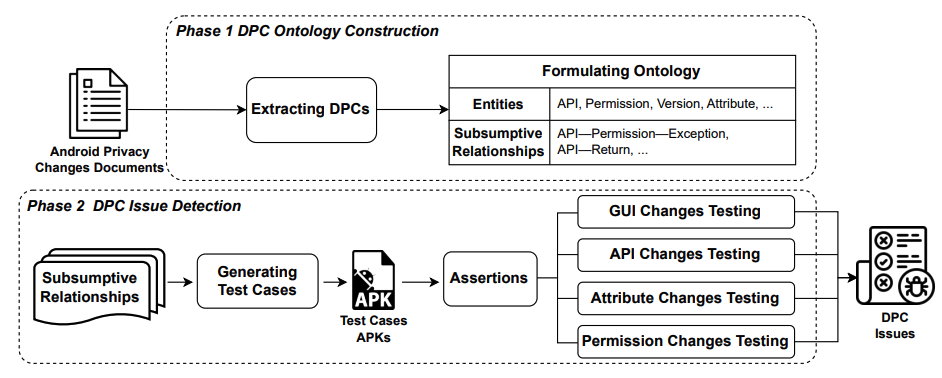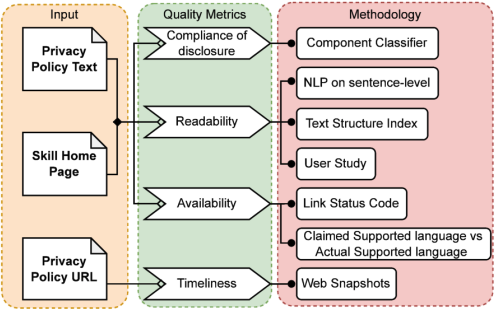Chuan Yan
 Ph.D. student in University of Queensland
Ph.D. student in University of QueenslandI’m a third-year Ph.D. student at the School of Electrical Engineering and Computer Science, the University of Queensland, mentored by A/Prof. Guangdong Bai.
My research focuses on detecting issues in the system and third-party application ecosystem based on documentation. My works have been published in leading conferences and journals, including WWW, FSE, ICSE, ASE, PETs etc.

Action required
Problem: The current root path of this site is "baseurl ("_config.yml.
Solution: Please set the
baseurl in _config.yml to "Honors & Awards
-
2024 ASE Distinguished Paper Award.2024
-
Dean's Commendation for Academic Excellence.2022
-
Best emo award in UQ.2022
-
Outstanding flag-raiser.2012
Work Experience
-
Research Assistant, University of Queensland, 2021-2022
-
Tutor, University of Queensland, Concurrency, Theory and Practice (CSSE7610), 2023
-
Tutor, University of Queensland, Concurrency, Theory and Practice (CSSE7610), 2024
-
Service
-
Reviewer TDSC, Neural Networks
-
Sub-Reviewer ASE’23, FSE’23/25, ICSE’23/25, NDSS’23/24, USENIX’23/24, CCS’23/24, WWW’25
-
Local Committee ICFEM’23, ADMA’23
-
Invited Speaker "Exploring ChatGPT App Ecosystem Distribution, Deployment and Security”, TUM, Germany, Oct 2024
-
Invited Speaker Same Topic, FSEws, Jun 2025
News
2025
Our paper on DevOps security is accepted by ICSE’26!
Oct 17
I am serving the PAKDD 2025 PC member. Please submit your good works!
Sep 27
Honored to present our work, "Exploring the ChatGPT App Ecosystem, Distribution, Deployment, and Security," at FSEws’25.
Jun 06
Our paper on automatically detect third-party data on gpts is accepted by FSEws'25!
Apr 01
It is a great honor to be invited to serve on the Program Committee for The 1st International Workshop on LLM App Store Analysis.
Mar 01
Our paper on file knowledge leakage on GPT app ecosystem is accepted by WWW’25!
Jan 20
2024
Our paper on multi-window information leakage on mobile devices is accepted by MobiCom’25!
Dec 13
Our ASE'24 paper received a Distinguished Paper Award 🏆! We thank the community for the recognition of our work!
Oct 31
I am honored to be invited to present our work, "Exploring the ChatGPT App Ecosystem, Distribution, Deployment, and Security", at the Technical University of Munich (TUM), Germany.
Oct 28
Our paper on LLM security testing is accepted by ASE’24!
Aug 08
Our paper on LLM-driven testing is accepted by FSE’24!
Apr 19
Our paper on web permission request is accepted by ICECCS'24!
Mar 16
2023
Our paper on user privacy fairness of VPA apps is accepted by ICSE’24!
Oct 11
Our paper on privacy compliance is accepted by PETS’24!
Aug 07
2022
Our paper on VPA privacy compliance is accepted by ASE'22!
Sep 01
Homepage



